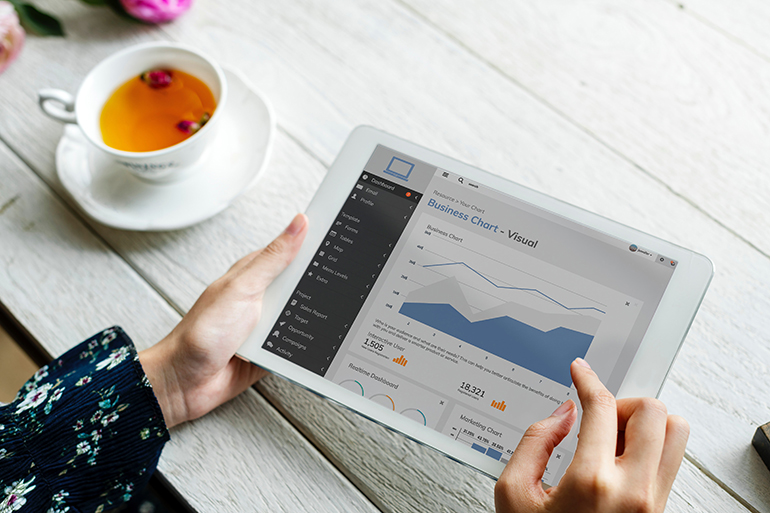 When talking about customer-centricity and personalization, we have to talk about open data as well, the idea that some data should be freely available to everyone, without restrictions from copyright, patents or other mechanisms of control.
When talking about customer-centricity and personalization, we have to talk about open data as well, the idea that some data should be freely available to everyone, without restrictions from copyright, patents or other mechanisms of control.
Like the goals of the "open(-source)" movements, open data is best summarized in the following statement: "A piece of data is open if anyone is free to use, reuse, and redistribute it – subject only, at most, to the requirement to attribute and/or share-alike”. In a nutshell, data is called open when anyone can access, use or share it.
Paradoxically, the growth of the open data movement is going hand in hand with a rise in intellectual property rights. Since open data can include non-textual material, such as e.g. maps, mathematical and scientific formulae, medical data and practice, etc., problems often arise because of such data being commercially valuable. Access to, or re-use of, such data is controlled by both public and private organizations, which control access restrictions with licenses, copyright, patents and charges for access or re-use.
However, advocates of open data argue that these restrictions are against the common good and that these data should be made available without restriction or fee. Numerous scientists, for instance, pointed out the irony that right at the historical moment when we have the technologies to permit worldwide availability and distributed process of scientific data, broadening collaboration and accelerating the pace and depth of discovery, we are busy locking up that data and preventing the use of correspondingly advanced technologies on knowledge.
The debate on open data is still evolving, but we want to provide here a few arguments made on behalf of open data include the following:
- Facts cannot legally be copyrighted.
- Data are required for the smooth process of running communal human activities and are an important enabler of socio-economic development (health care, education, economic productivity, etc.)
- Public money was used to fund the work and so it should be universally available.
- "Data belong to the human race", like typical examples are genomes, data on organisms, medical science, environmental data.
- Sponsors of research do not get full value unless the resulting data are freely available.
- In scientific research, the rate of discovery is accelerated by better access to data.
- Making data open helps combat "data rot" and ensure that scientific research data are preserved over time.
- Restrictions on data re-use create an anticommons.
On the other hand, if creators of data do not consider the need to state the conditions of ownership, licensing and re-use; instead presuming that not asserting copyright puts the data into the public domain, it is also possible for public or private organizations to aggregate said data, protect it with copyright and then resell it, because of this uncertainty. For example, many scientists do not regard the published data arising from their work to be theirs to control and consider the act of publication in a journal to be an implicit release of data into the commons. However, the lack of a license makes it difficult to determine the status of a data set and may restrict the use of data offered in an "open" spirit – creating a dilemma. (Source: Wikipedia)
By MediaBUZZ



















